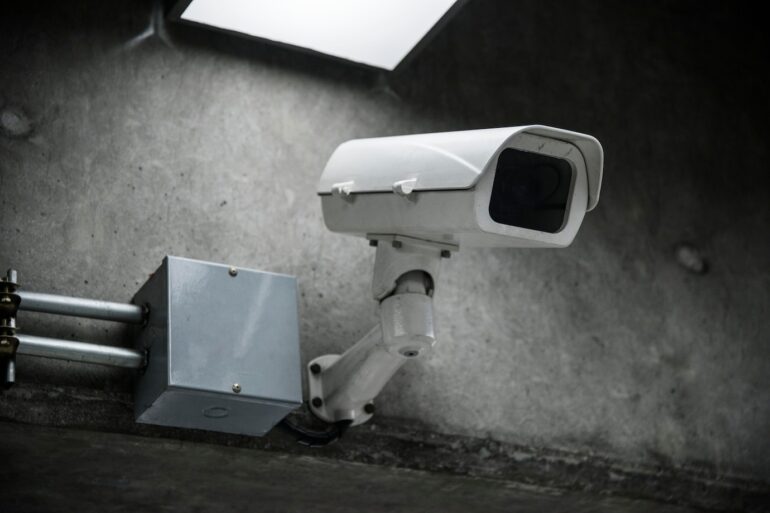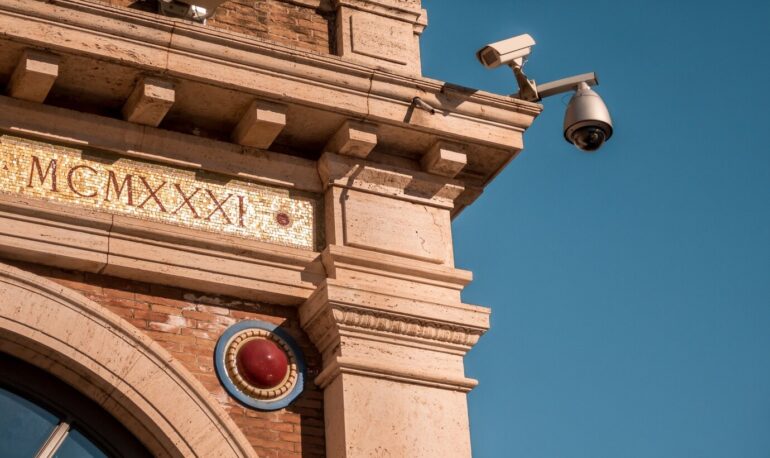Imagine a world where public safety is prioritized, crimes are swiftly prevented, and communities feel secure. The future of Closed-Circuit Television (CCTV) in public spaces promises just that. As technology advances, these systems are becoming more sophisticated, providing enhanced security and peace of mind. But why should we fully embrace this evolution?
Let’s explore the reasons why the future of CCTV in public spaces is something we should all support, especially with the increasing need for CCTV installation.
From Grainy Footage to High-Definition
CCTV systems have come a long way from the days of blurry, black-and-white images. Modern cameras offer high-definition video, providing clear and detailed footage that can be crucial in identifying individuals and events. This leap in image quality makes it easier for law enforcement to investigate incidents and for businesses to monitor their premises effectively.
Today’s CCTV systems are more than just cameras. They are equipped with smart features and artificial intelligence (AI) capabilities. AI can analyze video in real-time, detect unusual activities, identify faces, and even predict potential threats. These advanced features make CCTV systems proactive tools in crime prevention rather than just reactive ones.
Improving Public Safety

The presence of CCTV cameras in public spaces acts as a powerful deterrent to criminal activities. Potential offenders are less likely to commit crimes if they know they are being watched. This preventive measure helps reduce crime rates and creates a safer environment for everyone.
Advanced CCTV systems can alert authorities to incidents in real-time, enabling a swift response. Whether it’s a theft, vandalism, or an emergency situation, quick intervention can mitigate the impact and ensure the safety of the public. This immediate response capability is a game-changer in maintaining public order.
Gathering Crucial Evidence
When crimes do occur, CCTV footage is invaluable in gathering evidence. High-quality video can provide clear visual records of incidents, helping law enforcement identify suspects and piece together events. This evidence is often critical in securing convictions and ensuring justice is served.
Enhancing Urban Planning and Management

CCTV systems are essential tools in urban planning and management. They can monitor traffic patterns and pedestrian flow, providing data that city planners use to improve infrastructure and reduce congestion. This leads to more efficient and safer urban environments.
In times of natural disasters or emergencies, CCTV systems play a critical role. They provide real-time information on affected areas, helping emergency services respond more effectively. This capability is crucial in coordinating rescue efforts and ensuring the safety of the public.
Addressing Privacy Concerns
One of the main concerns with the proliferation of CCTV in public spaces is privacy. It’s essential to strike a balance between enhancing security and respecting individual privacy. Regulations and policies must be in place to ensure that CCTV usage is transparent, accountable, and within legal boundaries.
With the advancement of CCTV technology, data protection measures have also improved. Encryption and secure storage solutions ensure that the footage is protected from unauthorized access. These measures are vital in maintaining public trust and ensuring that CCTV systems are used responsibly.
The Bottom Line
The future of CCTV in public spaces is bright and full of potential. With advancements in technology, these systems are becoming more sophisticated, providing enhanced security and peace of mind. While it’s crucial to address privacy concerns, the benefits of embracing the future of CCTV far outweigh the drawbacks.
